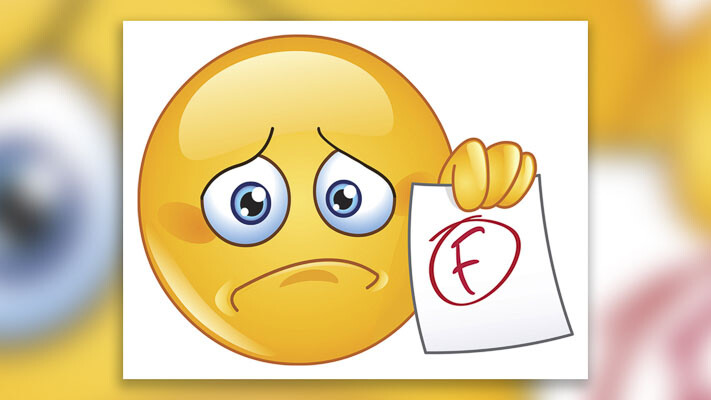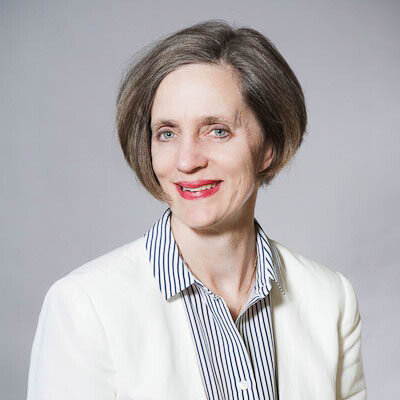
Liv Finne of the Washington Policy Center discusses why parent demand for more learning choices is growing
Liv Finne
Washington Policy Center
Teachers and parents are abuzz about a decision by Northshore School District officials to cancel learning assessments and automatically pass every student, regardless of the level of learning students have actually received. The lowest grade a teacher is allowed to give is a “D,” a passing grade, even for students who have not completed the level of study needed to pass.

It’s likely the same “everyone passes” policy is being adopted by school administrators in districts across the state.
Don’t be surprised when school officials are soon boasting about their high graduation rates. The real losers of course, are taxpayers, parents and children, as students are denied the community-building, life-enhancing public education they were promised.
This weakening academic trend has been under way for a while. Last spring 82.5 percent of Washington’s students graduated from high school, according to state data. At the same time, state scores show 70 percent of Washington’s students failed to receive adequate math instruction, and 52 percent were denied an adequate education in English.
The watered-down grading denies students access to the bright future they were promised. Official data finds 53 percent Washington students fail to earn a bachelor’s or associate degree within eight years of graduating from a public high school.
The low “everyone passes” policy at Northshore helps explain why so many families have left the public system. State numbers show 41,000 students have left, probably never to return. While still paying property taxes for schools, these families have decided it is better for their children to move to private, full-time online or homeschooling.
Private school enrollment is up by 14,450 students, or nearly 20 percent, rising from 73,600 students in 2019 to 88,000 students in 2021. Annual reports of home-based instruction show that as of last October, 32,000 students in Washington are homeschooled, an increase of 11,200 students, or up a massive 54 percent, in only two years.
Other families have simply moved away to states with stronger public education systems.
These trends indicate that, as in other states, school choice is growing in popularity and offers a positive way for state officials to attract families back to the public system. In the last session four innovative bills, based on successful choice models from other states, offered families a flexible way to access a great education for children.
HB 1633 would provide a $10,000 per-child scholarship to every family that wants one. SB 5205 would provide families, on request, a $9,000 per-child voucher to any attend any accredited school. HB 1215 would promote equity by offering families $7,000 per child for school expenses, with 25 percent of funds reserved for special needs, foster and low-income children. HB 1555 would allow families to request up to $6,250 a year to meet educational expenses if their assigned public school is not meeting their child’s learning needs.
In light of falling academic standards in Northshore and other traditional public schools, parent demand for more learning choices is growing. To move forward in public education lawmakers should provide more choices, modeled on the four bills introduced last session, to introduce an element of competition, expand access to quality learning services, and to encourage families to remain in Washington and stay in the public system.
Liv Finne is the director of the Center for Education at the Washington Policy Center.




